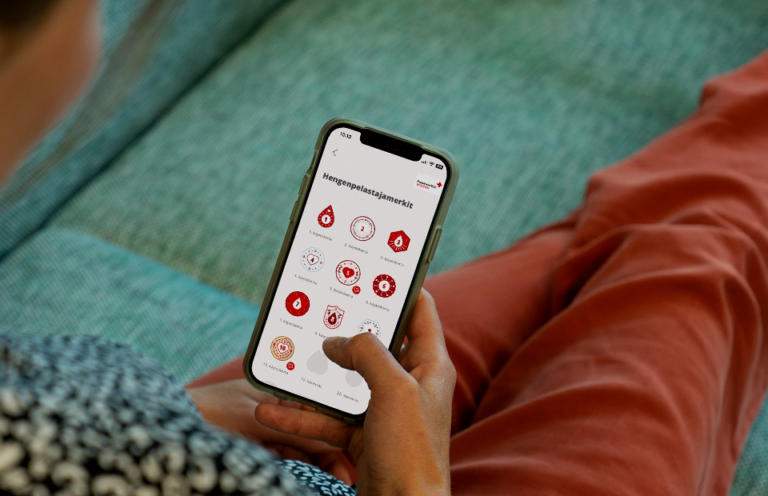Deferral period for donating blood after a monkeypox infection
Monkeypox infections have been reported in several European countries and the first cases have also been found in Finland. No cases of monkeypox obtained by blood transfusions have been observed, but a three-week deferral period after exposure to monkeypox will be introduced as a precautionary measure for blood donation from 13 June.
Monkeypox is a zoonosis, that is, a disease that is transmitted from animals to humans. Typically, the virus is transmitted to humans from wildlife on the African continent. In West and Central Africa, the virus causes intermittent local clusters of infections in humans.
As a rule, monkeypox is poorly transmitted from human to human, and only in close contact. The disease can be transmitted from one person to another in direct contact with lesions on the skin and mucous membranes of an infected person and through respiratory droplets in extended face-to-face contact.
The first symptoms of the disease can include fever, headache, swollen lymph nodes, back pain, muscle pain and fatigue. In addition, monkeypox also causes skin symptoms.
Monkeypox has previously spread outside Africa through animals and tourism, mainly in the form of random cases. During May, hundreds of cases of monkeypox have been diagnosed in Europe, North America and Australia in individuals who have not travelled in areas where monkeypox is usually found. This means that infections have spread in human contact.
Deferral periods after exposure to monkeypox and after having had a monkeypox infection
No cases of monkeypox obtained through blood transfusions have been detected or reported. For the time being, the risk of blood-borne infection is considered low in an asymptomatic person, but it cannot be completely ruled out. Therefore, a deferral period after exposure to monkeypox is introduced as a precautionary measure for blood donation from 13 June.
Exposure, i.e. close contact with a person with monkeypox (or strong suspicion of exposure): a deferral period of three weeks (21 days) from the latest exposure date.
Close contacts include sex partners, those living in the same household or sharing the same bed and persons involved in caring for a person with monkeypox who have not used appropriate personal protective equipment. A person with monkeypox is considered to be infective from the beginning of their symptoms until the scabs left by the vesicular or pustular lesions have disappeared.
A diagnosed monkeypox infection: a deferral period of two weeks (14 days) from the end of symptoms and the disappearance of the vesicular lesion scabs. If the disease has required hospitalisation, the deferral period is three months.
More information on monkeypox and its symptoms can be found on the website of the Finnish Institute for Health and Welfare.



